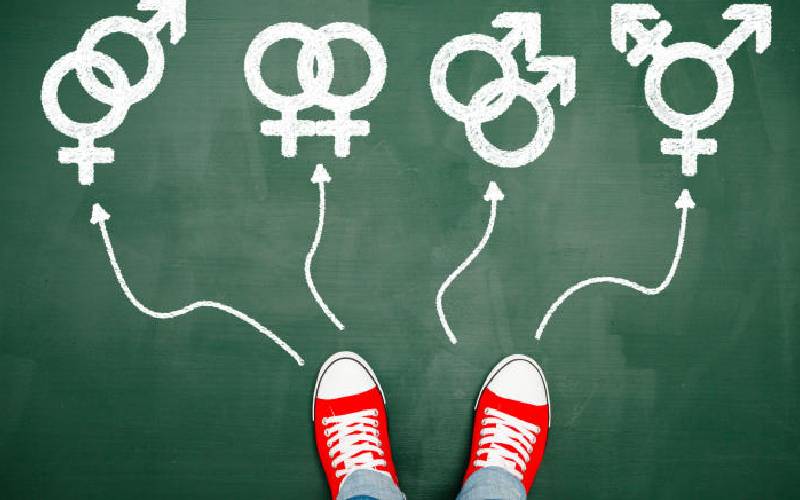×
The Standard e-Paper
Kenya’s Boldest Voice

Many people are denied their right to sexual and reproductive health despite it being a human right. Each year, we celebrate International Human Rights Day; the day the United Nations General Assembly adopted in 1948.